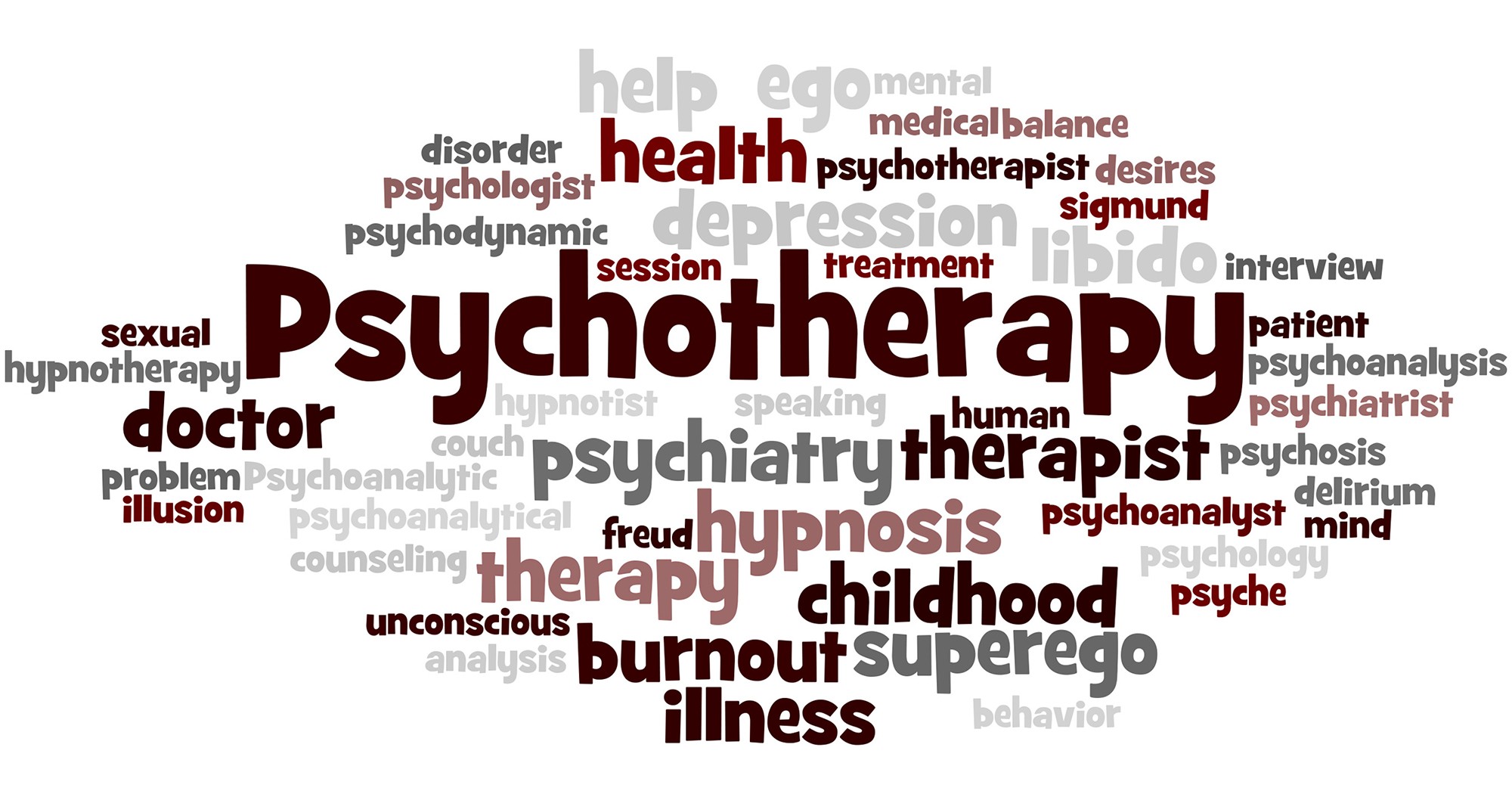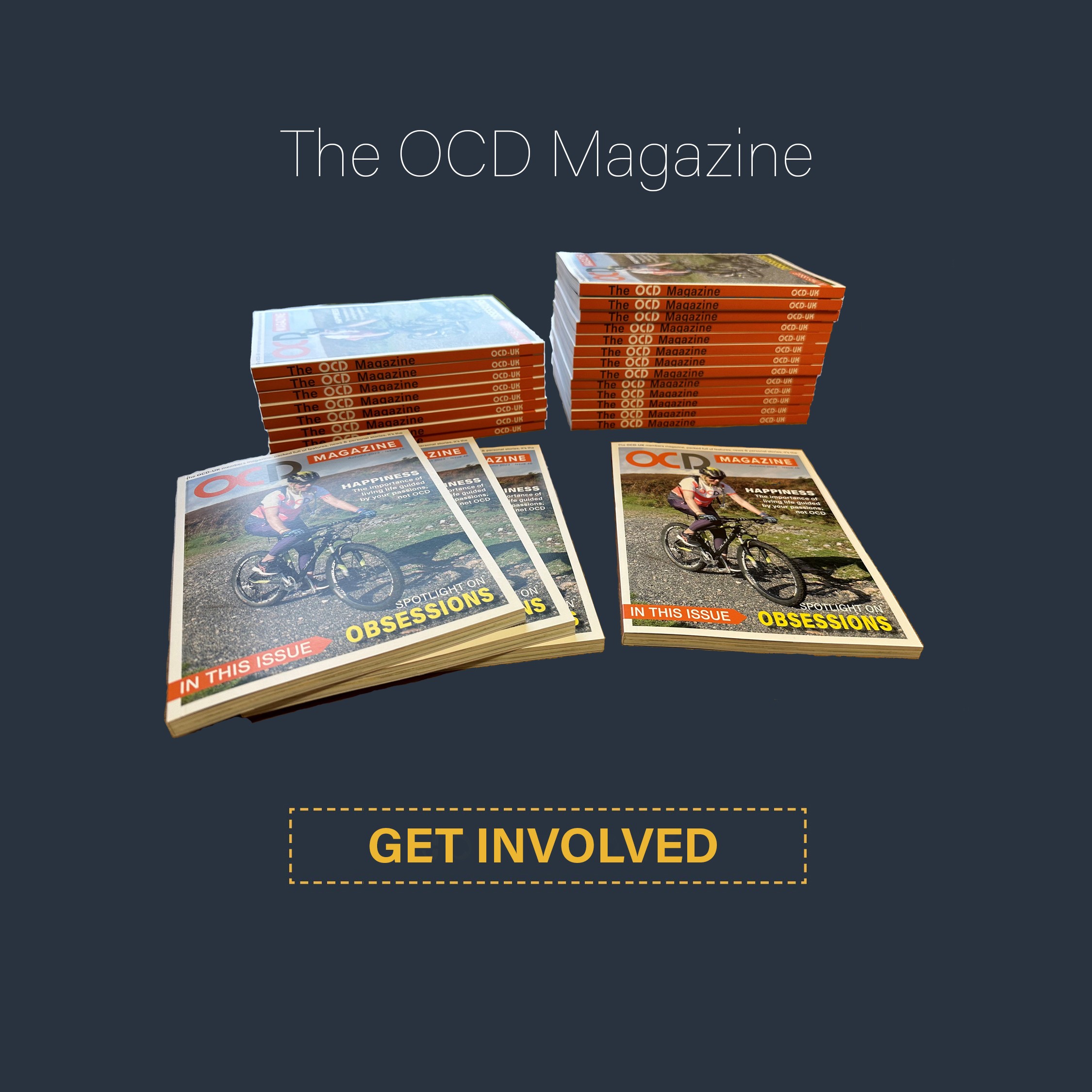Firstly, it may be helpful to explain how the charity operates with its recommendations. We primarily, although not exclusively, base our recommendations on the best NHS evidence we have access to and also from service-user feedback across our various platforms, with service-user feedback being especially helpful and relevant where lesser known treatments or private therapists are used.
The most effective treatment for OCD is a form of talking therapy called Cognitive Behavioural Therapy (CBT). Research has shown that 75% of people with OCD are significantly helped by Cognitive Behavioural Therapy, with some local IAPT services reporting recovery rates of up to 80%. What’s more, this form of therapy does not have any risks or side effects associated with it, which is why it remains the treatment of choice for tackling OCD.
Occasionally, people find CBT does not work for them, so start looking into alternatives. Unfortunately, we have very little evidence to support the use of other therapies to treat OCD at this time. For that reason we encourage people to stick with CBT, as it still remains the best hope for recovery in our experience. Some people benefit from seeking therapy with an OCD specialist and there are several specialist treatment clinics available through the NHS, these are discussed later in this section.
So what about other therapies?
Research into the treatment of OCD is ongoing and constantly changes how we view treatment approaches, but at the present time we do not recommend any of the following as treatments for OCD. That’s not to say they can’t help, but based off our own experiences and through much feedback, we remain doubtful such therapeutic approaches can offer long-term recovery from OCD.
- Counselling
- EMDR
- Emotional Freedom Technique (EFT)
- Cognitive Analytic Therapy (CAT)
- Dialectical Behaviour Therapy (DBT)
- Interpersonal therapy (IPT)
- Psychodynamic / Psychoanalysis therapy
- Mindfulness (* possibly a helpful anxiety management tool, but not an OCD treatment)
- Hypnotherapy (* possibly a helpful anxiety management tool, but not an OCD treatment)
- Various high priced commercial methods named after individuals
We will attempt to explain our reasoning behind the above therapies not being our recommendations for treating OCD:
Cognitive Analytic Therapy (CAT)
CAT combines the focus of CBT on your current thoughts and feelings, with psychodynamic therapy’s focus on your past experiences. Whilst CAT may help someone with OCD, as a general rule past experiences don’t always help us address the ‘here and now’, and the lack of behavioural/ERP means this therapy wouldn’t be sufficient to allow a person to challenge their OCD beliefs.
Eye Movement Desensitisation and Reprocessing (EMDR)
EMDR was specifically created to help people with difficult traumatic memories, including people experiencing PTSD, but we are seeing an increase in local therapy services sending patients (inappropriately) for EMDR to treat their OCD, usually when the service feel they have exhausted CBT with the patient, despite the fact there is limited evidence to support its use.
EMDR combines talking to a therapist about traumatic experiences with a technique where you make rapid rhythmic eye movements while recalling traumatic events to help you process them. The rapid eye movements are intended to create a similar effect to the way your brain processes memories and experiences while you’re sleeping.
Interpersonal therapy (IPT)
Interpersonal therapy focuses on relationships with other people and how your thoughts, feelings and behaviour are affected by your relationships, and how they affect your relationships in turn. IPT has not been shown to work as well as other therapies (like CBT) in treating any anxiety problems, especially OCD.
Dialectical Behaviour Therapy (DBT)
DBT was developed from CBT, specifically to help people experiencing borderline personality disorder. At this time there is little evidence to suggest it can help treat OCD any more than CBT.
Psychodynamic / Psychoanalysis therapy
In psychodynamic therapy you talk to a therapist about what’s going on in your life now, what’s happened to you in the past, and how your past experiences can affect how you think, feel and behave in the present.
We have years of anecdotal evidence that this type of therapy is unlikely to help someone with OCD. Even if we know what causes and where our OCD started, it doesn’t help us when it comes to treating OCD.
Mindfulness
Mindfulness is the ‘flavour of the moment’ and is often suggested to help people treat OCD. Studies show that practicing mindfulness can help you manage mild depression, anxiety and other common mental health problems, but there is no evidence it actually treats OCD.
It involves making a special effort to give your full attention to what is happening in the present moment – to what’s happening in your body, your mind or your surroundings, for example – in a non-judgemental way. Mindfulness describes a way of approaching our thoughts and feelings so that we become more aware of them and react differently to them.
We would certainly agree mindfulness can help a person manage the anxiety caused by OCD, but at this time we don’t have evidence it helps a person treat and overcome OCD. We would be tempted to describe mindfulness as a management tool rather than a treatment, so we’re not against the use of mindfulness from that perspective.
Hypnotherapy
Hypnotherapy is a type of complementary therapy that uses hypnosis, which is an altered state of consciousness. Hypnosis is widely promoted as a treatment for various long-term conditions and for breaking certain habits. This is despite the fact that there’s no strong evidence to support these uses.
We certainly do not recommend the use of hypnotherapy to treat OCD, but like Mindfulness above, we have had experiences of sufferers using it to help manage their anxiety, so we may suggest it as a management tool, but definitely not a treatment for OCD.
Emotional Freedom Technique (EFT)
EFT is commonly referred to as psychological acupressure. The therapy aims to release emotional blockages within the body’s energy system. It works on the premise that the body contains energy channels. When these energy channels become blocked or unbalanced, it is believed to lead to emotional and physical illness. Using tapping techniques, Emotional Freedom Technique looks to correct these imbalances. Of course we don’t recommend this as an OCD treatment, and you could argue that there is a danger that tapping could become a compulsion in itself.
Various commercial methods
Type ‘anxiety or OCD cure’ or other such phrases into Google and you will be shown a glut of results promising immediate fast results, for anything from £20 to £2000. These methods are usually named after the creator, who may or may not be an ex-sufferer and will usually have absolutely no medical qualifications at all (anyone can call themselves a counsellor). They’re touted to be an anxiety cure for all anxiety problems, including OCD, despite the fact there is absolutely no evidence or respected anxiety specialist backing up these claims. We will discuss this more on the accessing private treatment page.
What to read next:

























